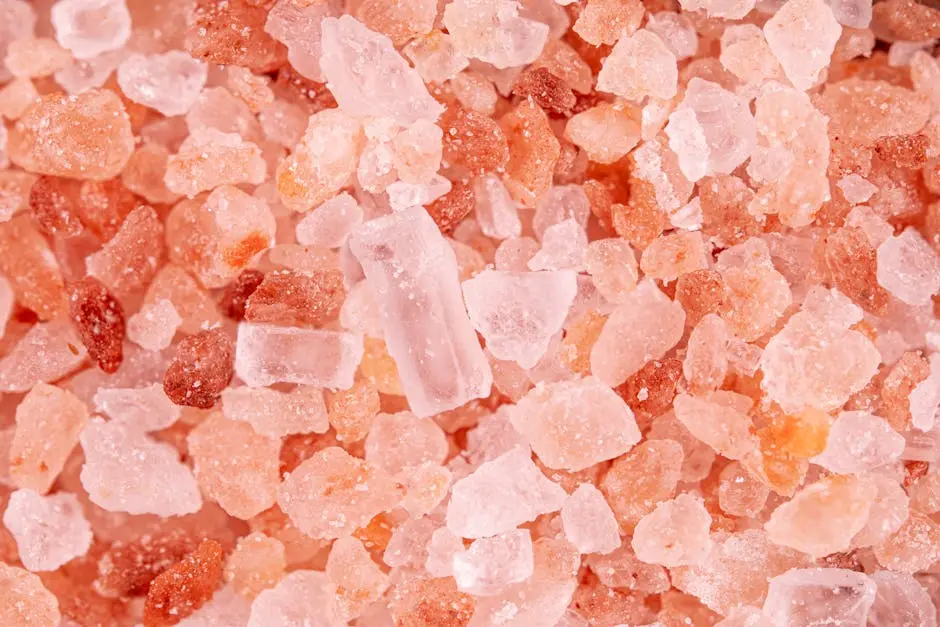
Are Bath Salts Safe for Sensitive Skin?
What are Bath Salts?
Bath salts are water-soluble substances typically added to bathwater to enhance the bathing experience. Common bath salts often combine minerals such as Epsom salt, sea salt, or Himalayan salt with essential oils for fragrance.
These salts are known for their potential benefits, including muscle relaxation, skin hydration, and stress reduction. They can improve circulation, soften the skin, and help with body aches and dryness. Many people enjoy adding bath salts to their baths for a spa-like experience at home.
Do Bath Salts Irritate Sensitive Skin?
Individuals with sensitive skin are concerned about whether bath salts can cause irritation or adverse reactions. The effects of bath salts on sensitive skin can vary depending on the individual’s skin type, existing conditions, and the ingredients in the bath salts.
Some fragrances and additives in bath salts may irritate sensitive skin, causing redness, itching, or discomfort. It’s essential to choose bath salts with gentle, natural ingredients and avoid products with harsh chemicals or allergens that may trigger skin reactions.
However, many people with sensitive skin find that high-quality bath salts specifically formulated for sensitive skin can be safe. Opting for fragrance-free or hypoallergenic bath salts can reduce the risk of irritation and allow individuals with sensitive skin to enjoy the benefits of bath soaks.
To minimize the potential for skin irritation, it’s recommended to use a lower concentration of bath salts, reduce the soaking time, and ensure thorough rinsing after the bath. Following these precautions can help individuals with sensitive skin experience the positive effects of bath salts without discomfort.
How to Safely Use Bath Salts for Sensitive Skin
Taking certain precautions to prevent adverse reactions when using bath salts for sensitive skin is crucial. Start by reading the product labels carefully to check for potential allergens or irritants that may affect sensitive skin.
Before immersing yourself in bath salts, perform a patch test on a small skin area to assess any sensitivity or reactions. This simple step can help determine if the bath salts suit your skin before a full bath.
Also, consider the frequency of bath salt baths if you have sensitive skin. Limiting the number of weekly baths can prevent over-drying or sensitizing the skin, especially if you already have conditions like eczema or dermatitis.
After using bath salts, make sure to rinse your body thoroughly with clean water to remove any residue. This step is essential for individuals with sensitive skin to avoid potential irritation from leftover salts or additives on the skin.
Lastly, moisturize your skin after the bath to lock in hydration and protect your skin barrier. Choosing a gentle, fragrance-free moisturizer can further support your skin’s health and prevent dryness or irritation after using bath salts.
In Conclusion
Always perform a patch test before using bath salts, and consider consulting with a dermatologist if you have susceptible skin. With proper usage, bath salts can be safe and beneficial for many individuals with sensitive skin.

Add a comment